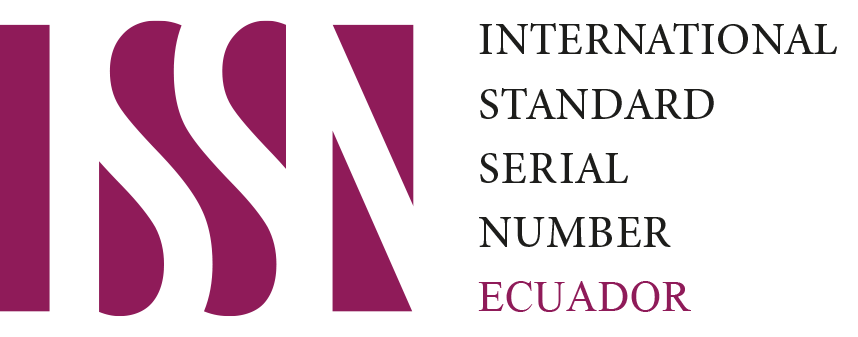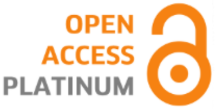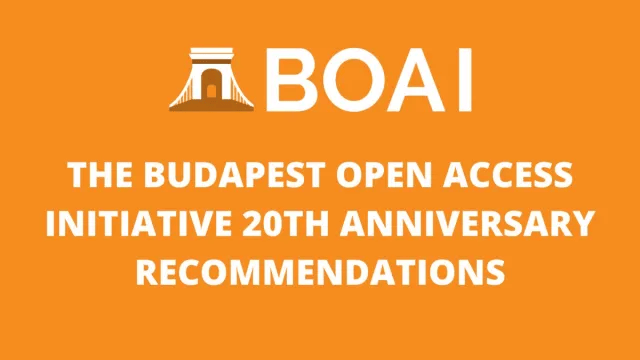Inclusive leadership and its impact on talent retention in diverse teams
DOI:
https://doi.org/10.5281/zenodo.15368958Keywords:
inclusive leadership, talent retention, diverse teams, organizational commitmentAbstract
This review article critically analyzed the scientific literature published between 2022 and 2025 on inclusive leadership and its impact on talent retention in diverse teams. A qualitative approach was used through a thematic narrative review, selecting seven empirical and theoretical studies from high-impact international scientific journals. The methodology included thematic content analysis focused on psychological safety, vigor, organizational commitment, perceived inclusion, and team resilience. The results showed that inclusive leadership favored the development of work environments where employees perceived greater meaning in their work, emotional well-being, and recognition of their uniqueness. It was also found that this leadership style strengthened affective organizational commitment and retention intentions, especially when accompanied by a diverse organizational climate and quality interpersonal relationships. It was also highlighted that inclusive leadership enhanced resilience in multinational teams and active participation in organizations with high levels of diversity. In conclusion, it was established that inclusive leadership constitutes a strategic factor for talent retention. However, its effectiveness depends on contextual, cultural, and organizational variables that should be considered in future research
Downloads
References
Carmeli, A., Reiter-Palmon, R., & Ziv, E. (2010). Inclusive leadership and employee involvement in creative tasks in the workplace: The mediating role of psychological safety. Creativity Research Journal, 22(3), 250–260. https://doi.org/10.1080/10400419.2010.504654
Guo, Y., Zhu, Y., & Zhang, L. (2022). Inclusive leadership, leader identification, and employee voice behavior: The moderating role of power distance. Current Psychology, 41(12), 8206–8217. https://doi.org/10.1007/s12144-021-01687-9
Hundschell, T., Becker, M., & Hertel, G. (2024). Leader inclusiveness and team resilience capacity in multinational teams: The role of diversity climate and resource caravan alignment. Journal of Organizational Behavior. Advance online publication. https://doi.org/10.1002/job.2732
Jansen, W. S., Otten, S., Van der Zee, K. I., & Jans, L. (2014). Inclusion: Conceptualization and measurement. European Journal of Social Psychology, 44(4), 370–385. https://doi.org/10.1002/ejsp.2011
Kim, H., Im, J., Shin, Y. H., & Aminifar, A. (2025). Hotel employees’ workplace inclusion and its outcomes: Focusing on the relational aspect of work environment. International Journal of Hospitality Management, 126, 104096. https://doi.org/10.1016/j.ijhm.2025.104096
Lee, J., & Shin, H. (2024). Effects of inclusive leadership on the diversity climate and change-oriented organizational citizenship behavior. Behavioral Sciences, 14(6), 491. https://doi.org/10.3390/bs14060491
Liu, Y., Fang, Y., Hu, L., Chen, N., Li, X., & Cai, Y. (2024). Inclusive leadership and employee workplace well-being: The role of vigor and supervisor developmental feedback. BMC Psychology, 12, 540. https://doi.org/10.1186/s40359-024-02029-5
Ly, B. (2024). Inclusion leadership and employee work engagement: The role of organizational commitment in Cambodian public organization. Asia Pacific Management Review, 29, 44–52. https://doi.org/10.1016/j. apmrv.2023.06.003
Nguyen, B., Yu, X., Melewar, T. C., & Chen, J. (2022). Brand equity in the workplace: The impact of employer branding on employee attraction and retention. Journal of Business Research, 139, 412–423. https://doi.org/10.1016/j.jbusres.2021.09.062
Randel, A. E., Galvin, B. M., Shore, L. M., Ehrhart, K. H., Chung, B. G., Dean, M. A., & Kedharnath, U. (2018). Inclusive leadership: Realizing positive outcomes through belongingness and being valued for uniqueness. Human Resource Management Review, 28(2), 190–203. https://doi.org/10.1016/j.hrmr.2017.07.002
Salancik, G. R., & Pfeffer, J. (1978). A social information processing approach to job attitudes and task design. Administrative Science Quarterly, 23(2), 224–253. https://doi.org/10.2307/2392563
Shafaei, A., & Nejati, M. (2023). Creating meaningful work for employees: The role of inclusive leadership. Human Resource Development Quarterly, 34(1), 27–44. https://doi.org/10.1002/hrdq.21491
Shore, L. M., Cleveland, J. N., & Sanchez, D. (2018). Inclusive workplaces: A review and model. Human Resource Management Review, 28(2), 176–189. https://doi.org/10.1016/j.hrmr.2017.07.003
Sun, R., Park, C., & Sookram, D. (2024). Inclusive leadership: Beyond diversity to true equity. International Journal of Science and Business, 33(1), 17–29. https://ijsab. com/wp-content/uploads/1174.pdf
Vongvisitsin, T., & Wong, I. A. (2021). Examining inclusive leadership and LGBTQ+ employees’ outcomes: The role of perceived organizational support. International Journal of Hospitality Management, 97, 102994. https://doi.org/10.1016/j.ijhm.2021.102994
Published
Data Availability Statement
The datasets used and/or analyzed during the current study are available from the corresponding author on reasonable request
Issue
Section
License
Copyright (c) 2025 Andrea A. Guerrero, Carmen M. Marín (Author)

This work is licensed under a Creative Commons Attribution-NonCommercial-ShareAlike 4.0 International License.































